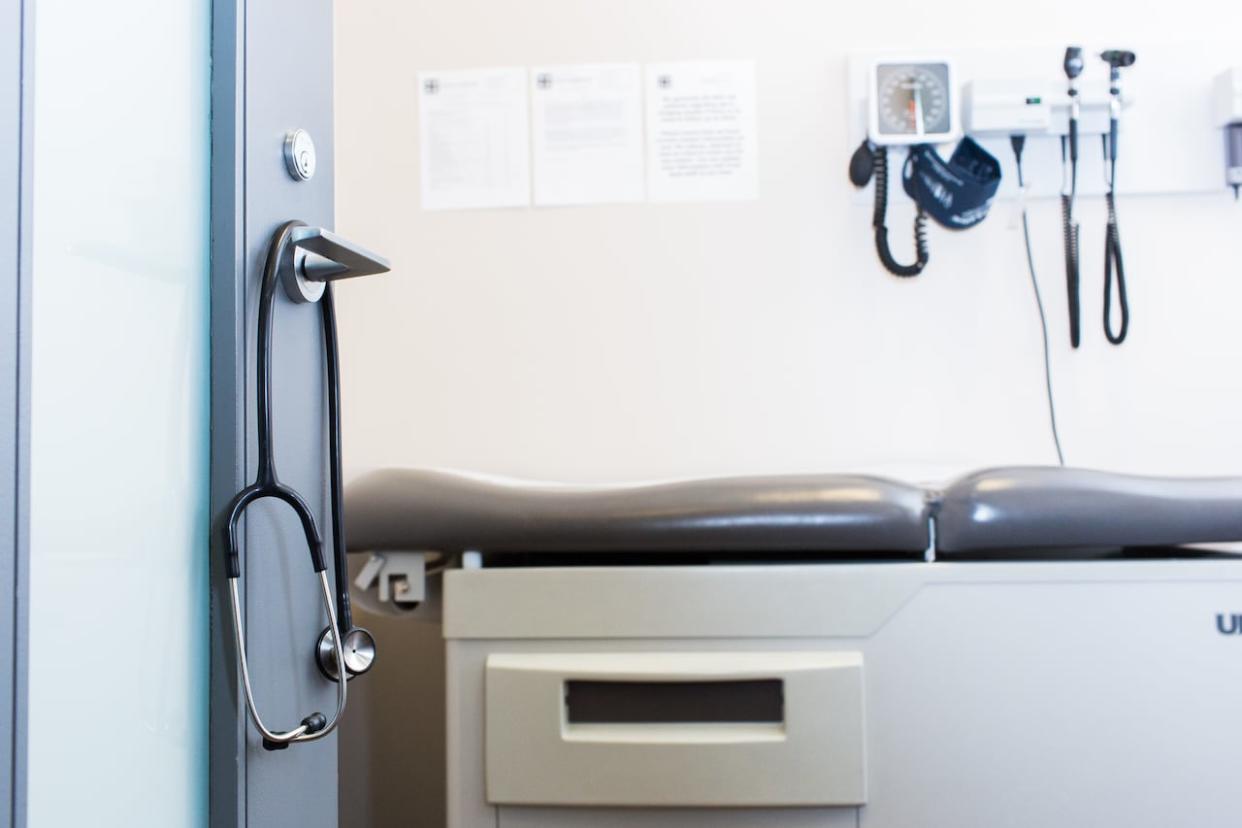Public health urges vigilance after fatal meningococcal infection in Eastern Townships

Health officials in the Eastern Townships are issuing a call for vigilance after confirming two cases of invasive meningococcal infection in the region — one that resulted in a death last week.
The victim worked at Gendreau Elementary School in Coaticook, Que., and died Feb. 14. The specific type of infection is not yet known.
"The patient had worked in [the school] during their contagious period, but the school's students and staff are not considered close contacts," reads a release from the CIUSSS de l'Estrie-CHUS to health-care workers in the area.
Those at risk were given preventative antibiotics and offered a vaccine.
In a letter sent to parents of the students, the CIUSSS said it is "very rare" for meningococcus, a kind of bacteria, to cause a serious infection such as meningitis, the swelling of the lining surrounding the brain, or meningococcemia, which is an infection of the blood.
Still, parents are advised to carefully monitor their child's health for the next 10 days.
They should look out for:
Fever.
Headache.
Nausea.
Vomiting.
Redness of the skin.
Pinpoint-sized spots of bleeding under the skin.
Bruising.
Should they spot these symptoms, parents are asked to consult Info-Santé 811. If symptoms are severe or progress quickly, parents should seek medical attention immediately and bring the letter from the CIUSSS.
'One of the most severe infections'
Dr. Alex Carignan, a microbiologist-infectiologist at the CIUSSS, says this type of infection should be taken very seriously.
"Meningococcal infection is one of the most severe infections that we can see. It can kill a patient in good health in a few hours, unfortunately," he said.
Carignan says fever, headaches and lack of energy are the first symptoms to appear, but they can progress very quickly.
"Obviously, people with headaches like they've never had before, headaches of unusual severity, should be checked out at that point," he said.
He said reddish or blackish patches appearing on the body should also prompt immediate action.
"You need to get to hospital very quickly in this case."
Carignan says the disease doesn't easily spread to large groups, but he says infections have been on the rise in Quebec over the past few years.
A second non-fatal case was found in the region in January.
In Quebec, five to 10 per cent of healthy people are meningococcus carriers, but don't have any symptoms. They can, however, unknowingly spread the bacteria.
Carignan says more and more high school students are being vaccinated against it.


